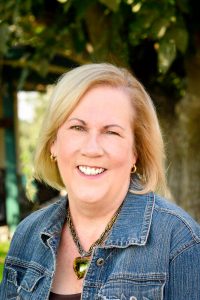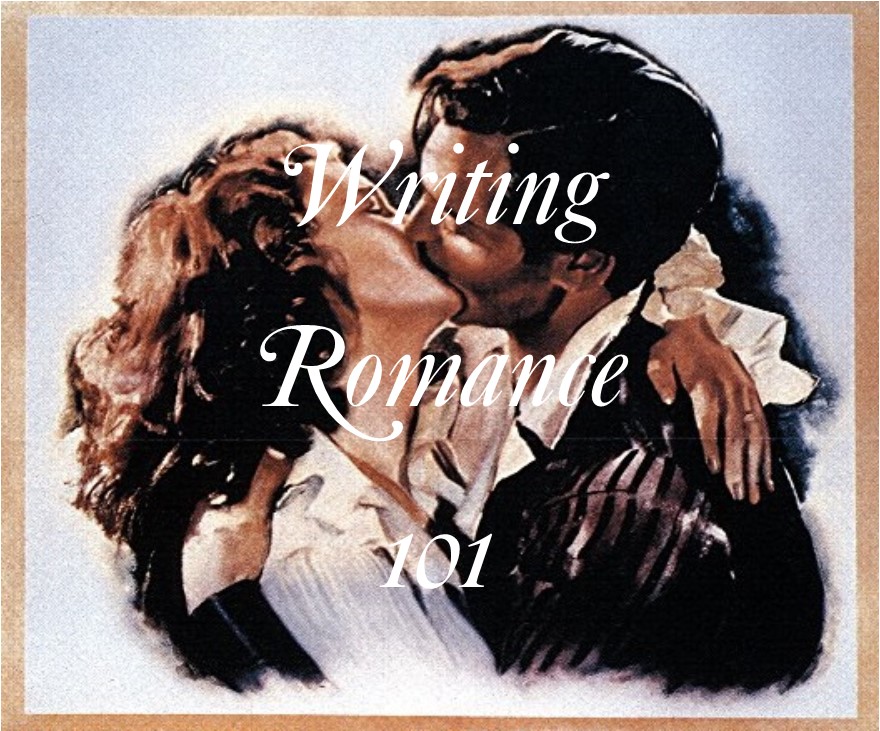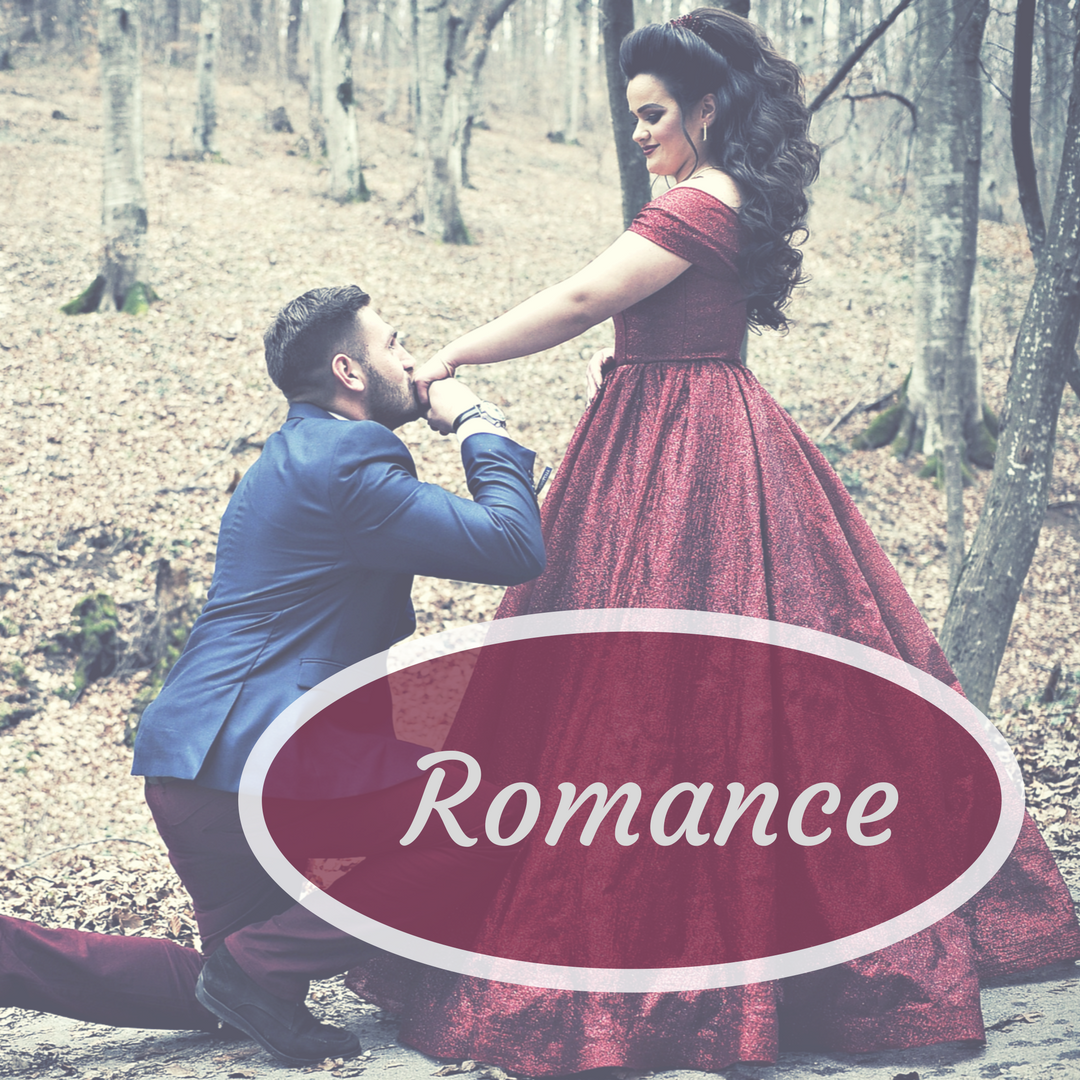- Plotter or Pantser? Or Plottser?
- Outline or just start writing?
- Index cards or story map?
- The Hero’s Journey or Save the Cat?
- Three Act Structure or Four?
- The Emotion Thesaurus or 1,000 Character Reactions?
- Scrivener or Word? Or Google Docs?
- Tropes or archetypes?
There are nearly as many methods, resources, and ideas about writing romance as there are romance novels. New writers are often overwhelmed by the vast—and sometimes conflicting—teaching they hear.
Friend, I see you. I am you.
In Ecclesiastes, King Solomon wrote, “the writing of many books is endless, and excessive devotion to books is wearying to the body.” In other words, there is always a new and shiny technique guaranteed to make writing your novel easier.
But does it really?
Thinking about a story, outlining a story, plotting a story is not the same as writing the story. No matter the method or process, writing a novel requires BIC (Bottom in Chair) time. And fingers on the keyboard, typing.
Writing is what makes us writers, not the number of craft books on our shelves.
Joanna Trollope said, “I have more books than I’ll ever read, and I keep buying more books. It’s the one addiction I have.”
I have bought (and then given away) enough how-to books for a writer to furnish a small library. If someone I like recommends a book, I snap it up, set it on top of my already close-to-toppling TBR (To Be Read) Mountain. And there it sits until I can’t take its reproachful cover glaring at me any longer and I place it on a shelf with its other abandoned siblings.
Then I plant myself in front of my computer, place my fingers on the keyboard, and get to work.
Until my story stalls, yet again, and I run to the newest shiniest craft book on my shelf searching for the secret sauce that will make my story stand out and get noticed above the estimated 2.2 million books published each year.
The answer to how do we make our stories unique:
- Be original.
- Be familiar.
Contradictory, right?
Not really.
Readers want stories they relate to.
This accounts for the various and popular tropes. All readers have personal preferences, and this extends to tropes. They may like marriage of convenience stories, enemies to friends, friends to more, secret baby, fairy tales retold, and so on. But even with familiar tropes, readers want something new and original and fresh.
I have a friend who used to say she wanted to be the next *insert Big Name in publishing.* Our critique friends kept telling her that was impossible. Not because her writing wasn’t good enough, but because she was shortchanging herself and her readers by not being the best writer she could be, instead of a pale imitation of someone else.
She listened, wrote a book from her heart, and it found a publishing home. Making her writing transparent and vulnerable made the difference.
I still buy craft books. I even read some of them. But I’m far enough along on this writing journey to trust that I can write stories worth reading.
So can you.

Carrie Padgett lives in Central California, close to Yosemite, but far from Hollywood, the beach, and the Golden Gate Bridge. She believes in faith, families, fun, and happily ever afters. She writes contemporary fiction with romance. She recently signed a contract with Sunrise Publishing to co-write a romance novel with New York Times bestselling author Rachel Hauck that will be published in 2022. Carrie and her husband live in the country with their high-maintenance cat and laid-back dog, within driving distance of their six grandchildren.
You can find her online at:
- Twitter: CarriePadgett
- Instagram: carpadwriter
- Facebook: WriterCarriePadgett
- Amazon Author Page: Carrie Padgett



 We love helping your growing in your writing career.
We love helping your growing in your writing career.

No Comments